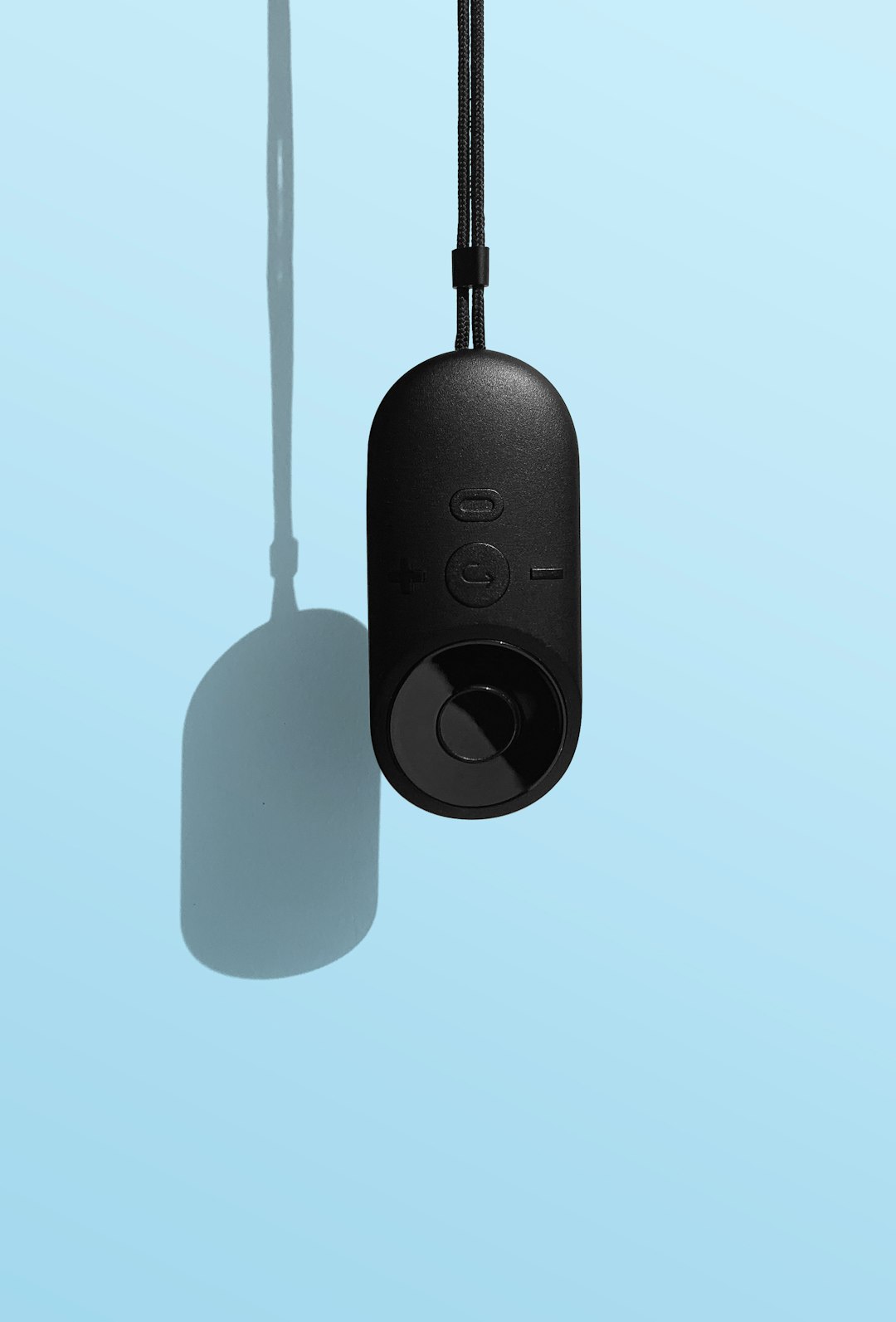Unlock encrypted content
Please enter your SSCE key to initiate on-the-fly decryption.
Decryption key: (Click cancel if you don't have the key)
Copied link to clipboard.
This feature is unavailable for free accounts. Upgrade now and enjoy all Premium benefits.
Go Premium!
This feature is unavailable for free accounts. Upgrade now and enjoy all Premium benefits.
Go Premium!
Please open this page in browser ( Google Chrome or Safari ) to use this feature.
Open In Browser
File Access Control: Protecting Your Data with Secure Permissions
Random related video for this blog.
Copied share link to clipboard.
With the increasing reliance on cloud storage and online platforms, it is crucial to have proper file access control measures in place. File access control refers to the process of managing and regulating access to files and folders, ensuring that only authorized individuals can view, edit, or delete them. This article explores the importance of file access control, its benefits, and how it can safeguard your valuable data.
Ensuring Data Privacy and Confidentiality
File access control plays a vital role in ensuring data privacy and confidentiality. By implementing proper access controls, you can restrict access to sensitive information, preventing unauthorized users from viewing or modifying it. This is particularly crucial for businesses that deal with sensitive customer data or confidential company information. With the right access control measures in place, you can have peace of mind knowing that your data is protected from prying eyes. For example, imagine a healthcare organization that stores patient records in an online database. By implementing file access control, they can restrict access to patient records to only authorized medical personnel. This prevents unauthorized individuals from accessing sensitive medical information, ensuring patient privacy and complying with data protection regulations, such as HIPAA.Preventing Data Loss and Unauthorized Modifications
Another important aspect of file access control is preventing data loss and unauthorized modifications. By assigning appropriate access permissions, you can ensure that only authorized individuals have the ability to modify or delete files. This helps prevent accidental or malicious changes to critical data, reducing the risk of data loss and maintaining data integrity. For instance, consider a marketing team collaborating on a project. By using file access control, team members can be given read and write access to specific project files, allowing them to make necessary changes. However, other employees who are not involved in theproject will only have read access, ensuring that they cannot inadvertently modify or delete important project files.
Enhancing Data Security and Compliance
File access control also plays a crucial role in enhancing overall data security and compliance. By implementing access controls, you can ensure that your data is protected from unauthorized access, reducing the risk of data breaches and cyber-attacks. Additionally, file access control helps organizations meet regulatory compliance requirements, such as the General Data Protection Regulation (GDPR) or the California Consumer Privacy Act (CCPA). By implementing file access control, organizations can demonstrate that they have taken appropriate measures to protect sensitive data. This can be especially beneficial in industries that handle highly regulated data, such as financial institutions or government organizations. In conclusion, file access control is a critical component of data security and protection. By implementing proper access controls, you can ensure data privacy, prevent unauthorized modifications, and enhance overall data security. Whether you are an individual user or a business, it is essential to prioritize file access control to safeguard your valuable data.Frequently Asked Questions (FAQs)
Question: How does file access control work?
Answer:
File access control works by assigning permissions to files and folders, determining who can access, modify, or delete them. These permissions can be set for individual users or groups, ensuring that only authorized individuals have the necessary access rights.
Question: What are some common file access control methods?
Answer:
Common file access control methods include role-based access control (RBAC), where access permissions are assigned based on job roles, and discretionary access control (DAC), where access permissions are set by the file owner.
Question: How can file access control help with compliance?
Answer:
File access control helps organizations meet regulatory compliance requirements by ensuring that sensitive data is protected from unauthorized access. By implementing access controls, organizations can demonstrate that they have taken appropriate measures to safeguard data privacy.
Case Studies
Case Study 1: Company XYZ Company XYZ, a leading financial institution, implemented file access control to protect customer financial data. By assigning strict access permissions to sensitive files, they ensured that only authorized employees had access to customer records. This helped the company comply with data protection regulations and maintain customer trust.
Case Study 2: Healthcare Provider ABC Healthcare Provider ABC implemented file access control to protect patient records. By restricting access to medical personnel, they ensured that only authorized individuals could view or modify patient information. This helped the organization meet HIPAA compliance requirements and protect patient privacy.
Case Study 3: Marketing Agency DEF Marketing Agency DEF used file access control to enhance collaboration and data security. By granting specific access permissions to project files, they allowed team members to work on the project while preventing unauthorized modifications. This ensured data integrity and improved overall project efficiency. FileLu offers secure and reliable cloud storage solutions with advanced file access control features. With FileLu, you can protect your valuable data, ensure privacy and compliance, and prevent unauthorized access. Explore our premium plans ranging from 256 GB to 500 TB at prices as low as $2.50 per month, or try our free plans from 10 GB to 250 GB. Visit FileLu.com to learn more and start safeguarding your data today.
By Amelia Isabella
Email: [email protected]
Related
Cloud Storage Reliability: A Game-Changer in Data Management and Collaboration.
June 18, 2023
Read More
Dystopian Futures: Exploring the Potential of Cognitive Computing and Artificial...
June 18, 2023
Read More
User-friendly Interface, Advanced Uploading Tools, and Secure Client Data Sharing:...
June 18, 2023
Read More
Secure File Sharing and Storage: Empowering Alien Civilizations with Advanced...
June 20, 2023
Read More
Popular
Latest
The Future of Digital Transformation: Exploring Smart Homes, Efficient File...
November 30, 2025
Read More
Exploring the Benefits of Cloud Storage and Innovative Technologies in...
November 26, 2025
Read More
The Future of Technology: Exploring Biohacking, Space Tourism, and Digital...
November 23, 2025
Read More
The Future of File Sharing: Streamlined Workflows for Photographers and...
November 19, 2025
Read More
Exploring the Intersection of Technology: From Cybersecurity to Augmented Reality...
November 16, 2025
Read More
The Future of File Management: Embracing Edge Computing and Efficient...
November 12, 2025
Read More
The Future of File Sharing: Exploring User-Friendly Solutions and Data...
November 5, 2025
Read More
The Future of Cloud Storage: How FileLu Empowers Creative Professionals...
November 2, 2025
Read More
The Future of Autonomous Technologies: Innovations in Robotics, File Sharing,...
October 29, 2025
Read More
Emerging Technologies Revolutionizing File Management: From Li-Fi to Robust Collaboration...
October 26, 2025
Read More
Emerging Technologies: Exploring the Impact of File Access Auditing, Genetic...
October 19, 2025
Read More
The Future of Data Storage: Exploring Advanced Encryption, Mobile Integration,...
October 5, 2025
Read More
Exploring the Future of Data Management: Security, Efficiency, and Cognitive...
September 28, 2025
Read More
Revolutionizing Data Management: Innovations in Storage, Security, and Sustainable Technology.
September 24, 2025
Read More






















